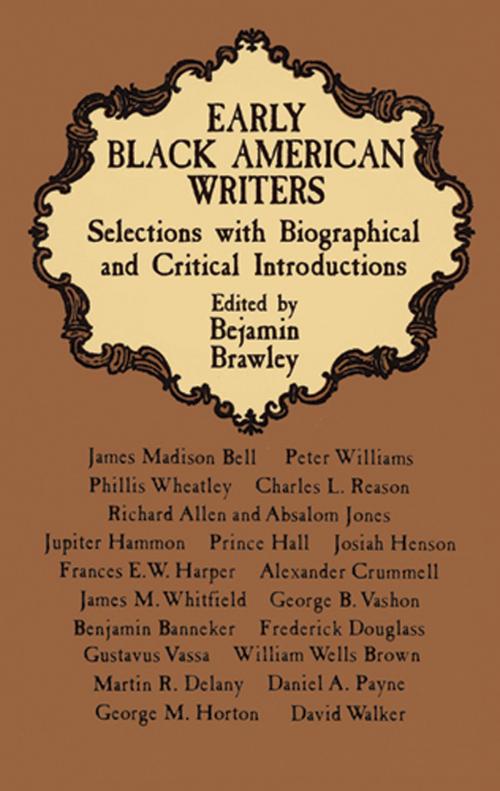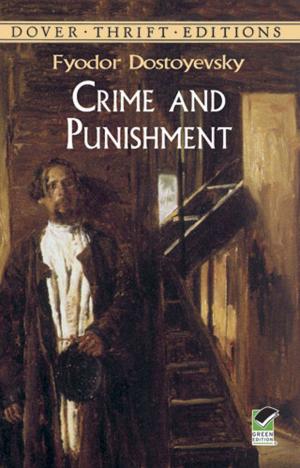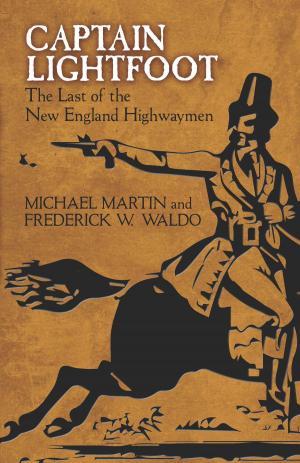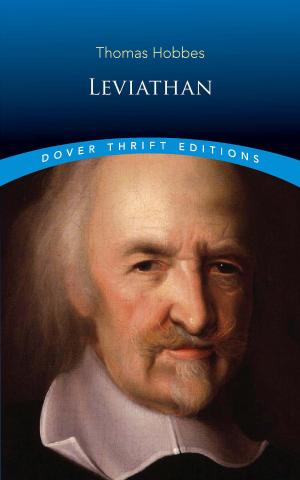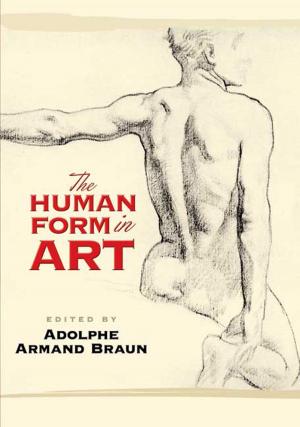Early Black American Writers
Nonfiction, Social & Cultural Studies, Social Science, Cultural Studies, African-American Studies, Fiction & Literature, Literary Theory & Criticism| Author: | ISBN: | 9780486144634 | |
| Publisher: | Dover Publications | Publication: | June 4, 2012 |
| Imprint: | Dover Publications | Language: | English |
| Author: | |
| ISBN: | 9780486144634 |
| Publisher: | Dover Publications |
| Publication: | June 4, 2012 |
| Imprint: | Dover Publications |
| Language: | English |
Everyone is familiar with the rhetoric of reform and humanism, written by whites, which did much to inflame the nation to the point of civil war. Who spoke for the black man during this crucial period of his history? How did he see the issues which bore so directly on himself and his race — present and future? How did he feel about them?
In this anthology, the black man speaks for himself. Beginning with the earliest published work of a black American, selections in this volume cover the period from 1761 through the Civil War years. Varying greatly in education and technical skill, from self-taught slave to college-trained scholar, the writers in this collection did much to shape the developing culture of black America. Professor Brawley prefaces each selection with a biographical account of its author, and with sympathetic but objective critical analysis of the work presented. His introduction gives a valuable overview of black literature in this early period, telling the reader who black writers were and describing the issues — political, social, and moral — that concerned them.
Included are selections from the work of Jupiter Hammon, Gustavus Vassa, Phillis Wheatley, W. W. Brown, F. E. W. Harper, and many others as yet less known. Whether writing about religion, slavery, military service, voting rights, or the colonization of Liberia, these writers merit attention on both artistic and historical grounds. Brawley's historical and literary insights guide readers to a full appreciation of these works. A lamentable gap in knowledge of the black experience is filled by this anthology; it should be read by all students of history and literature.
Everyone is familiar with the rhetoric of reform and humanism, written by whites, which did much to inflame the nation to the point of civil war. Who spoke for the black man during this crucial period of his history? How did he see the issues which bore so directly on himself and his race — present and future? How did he feel about them?
In this anthology, the black man speaks for himself. Beginning with the earliest published work of a black American, selections in this volume cover the period from 1761 through the Civil War years. Varying greatly in education and technical skill, from self-taught slave to college-trained scholar, the writers in this collection did much to shape the developing culture of black America. Professor Brawley prefaces each selection with a biographical account of its author, and with sympathetic but objective critical analysis of the work presented. His introduction gives a valuable overview of black literature in this early period, telling the reader who black writers were and describing the issues — political, social, and moral — that concerned them.
Included are selections from the work of Jupiter Hammon, Gustavus Vassa, Phillis Wheatley, W. W. Brown, F. E. W. Harper, and many others as yet less known. Whether writing about religion, slavery, military service, voting rights, or the colonization of Liberia, these writers merit attention on both artistic and historical grounds. Brawley's historical and literary insights guide readers to a full appreciation of these works. A lamentable gap in knowledge of the black experience is filled by this anthology; it should be read by all students of history and literature.
